Boris Fishman’s debut novel, A Replacement Life, is about a young Russian emigre named Slava who is stuck between two worlds. Slava’s grandparents live in Brooklyn, where they still speak Russian and hang out with people from the Old Country. His parents have moved to New Jersey. Slava, meanwhile, lives in Manhattan and slaves away as an overworked researcher at an august magazine that sounds a lot like The New Yorker. He refuses to return to Brooklyn, and doesn’t call or visit his family often, in an attempt to escape his Soviet roots and become an American. But when Slava’s grandmother dies unexpectedly, he is forced to cross the river and mourn with his family.
After Slava’s grandmother’s funeral, his grandfather takes him aside and asks him to take part in a scheme: He’d like Slava to submit a claim on his behalf to the German government for newly-apportioned reparations for Holocaust survivors. But Grandfather doesn’t qualify for reparations, because he was in Uzbekistan during the war, far from the concentration camps and shtetls. It is Slava’s late Grandmother who is the rightful beneficiary of the funds. So Slava must decide: should he reconstruct his late grandmother’s Holocaust experience – one that she refused to talk to him about – and craft it into an application for Grandfather?
Slava gets sucked back into his Soviet family – and his grandparents’ immigrant community – and is finally allowed to be the writer that he is aspiring to be. For after Grandfather reads the application Slava has created for him, he sells his grandson’s writing services to everyone he knows. Before long, Slava is spending his nights in the outer boroughs meeting with Grandfather’s friends, hearing their stories, and then creating applications for reparations to which they are not technically entitled.
Ultimately, this is a story about loyalty, truth, and belonging. To whom does Slava owe loyalty – his scheming but loving grandfather, or the ethics of journalism? The Russian immigrants suffered terribly on their paths to America; was it wrong for them to seek reparations from the country who had indirectly caused their suffering? With whom does Slava belong – his American colleague-girlfriend from the Upper West Side – or the heavily made up Vera, granddaughter of his grandfather’s longtime rival?
Fishman has created a memorable cast of characters in Slava, his family, and the Jewish immigrants he tries to help. A Replacement Life is wry and funny, and Fishman’s writing is crisp. I listened to Fishman read from his book earlier this summer, and I could hear him narrating it in my mind as I read. His book is infused with humor and empathy, but it is also dark and sad at the same time. Bittersweet, perhaps.
There were a few times in the book when I had trouble following the action or identifying who was being referred to, which I chalk up to Fishman’s preference for understated, spare narration. Fishman expects his readers to keep up with him, which is sometimes hard to do. But in the end, A Replacement Life is an exhilarating ride, and one I won’t soon forget.








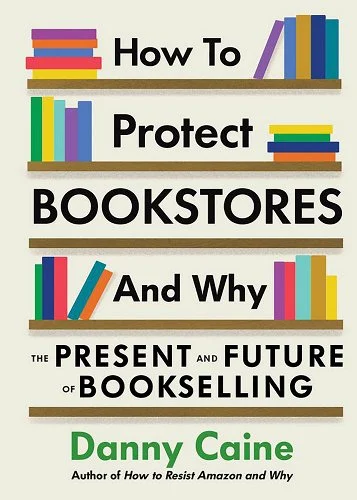
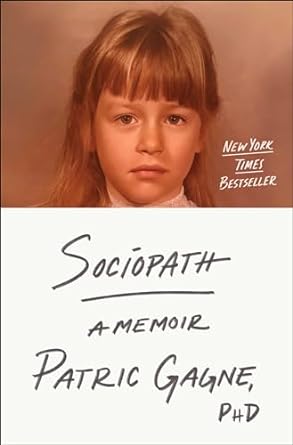



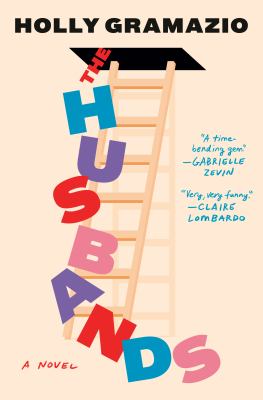
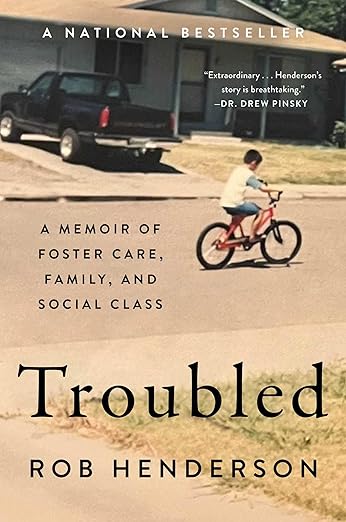
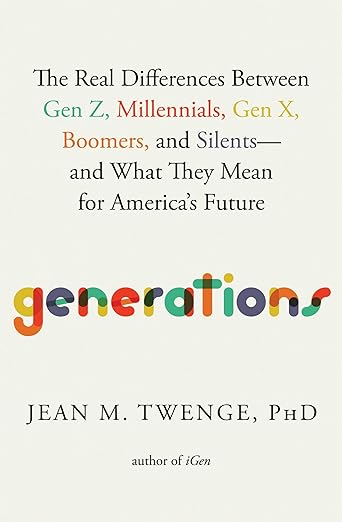
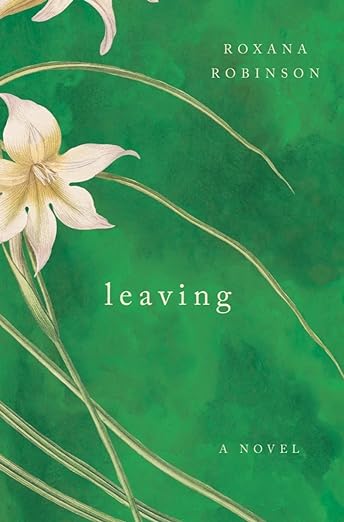
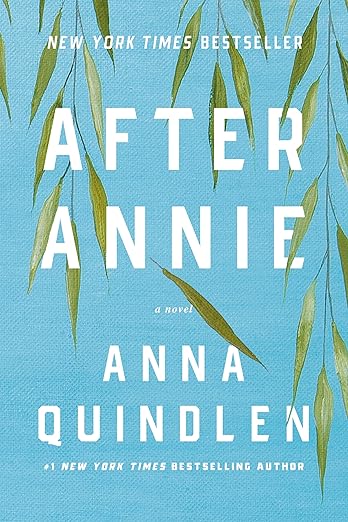
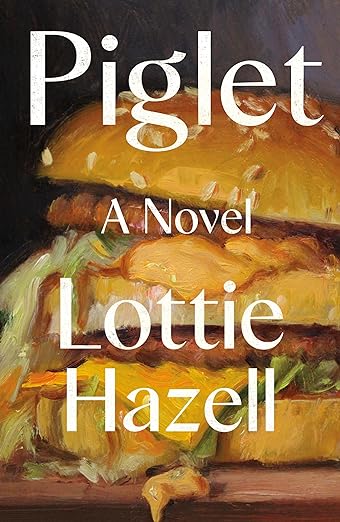

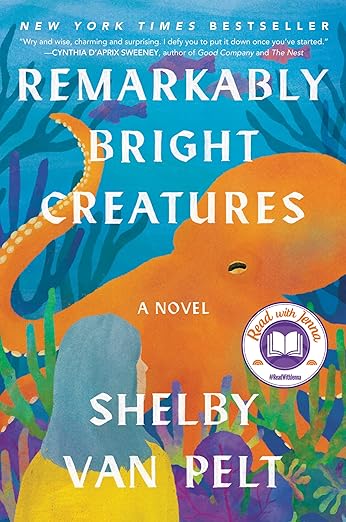


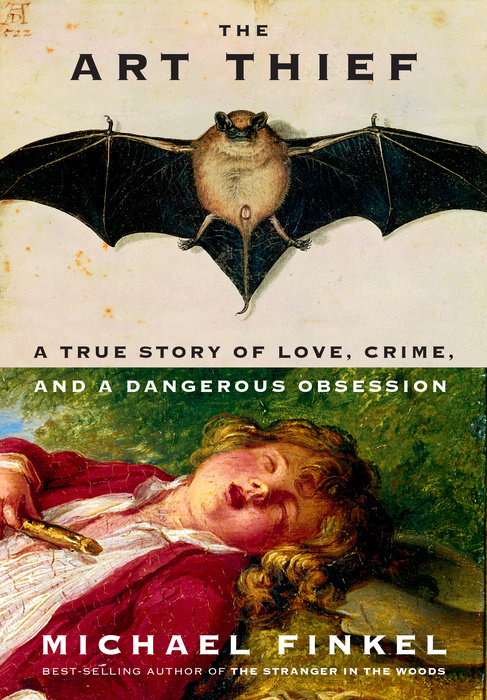

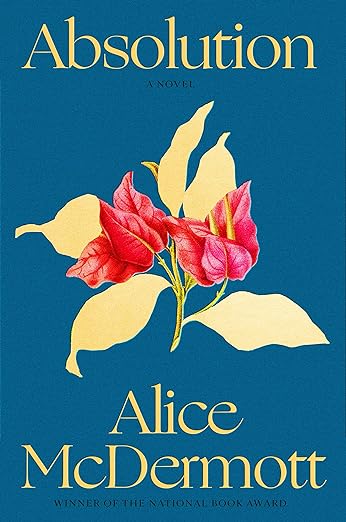

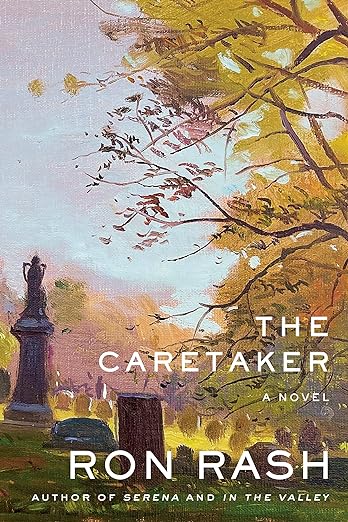
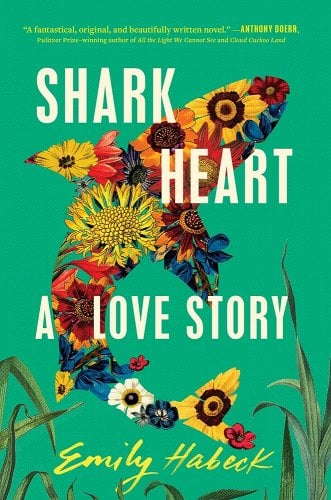
About Me
I have been blogging about books here at Everyday I Write the Book since 2006. I love to read, and I love to talk about books and what other people are reading.